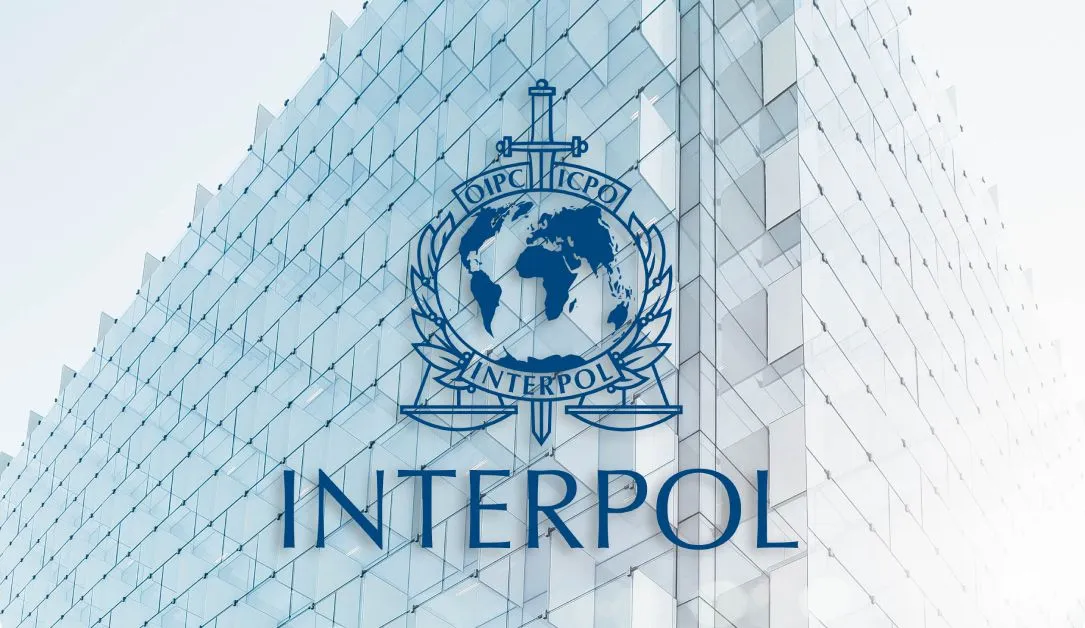Founded in 1923, the international criminal police, known as Interpol, makes a significant contribution to combating transnational crime. This organization unites more than 195 member countries. Interpol facilitates the exchange of information and coordinates law enforcement agencies of other countries in preventing and solving crimes. However, there are countries that are not part of the organization. Let’s consider which countries are not part of Interpol, is the United States part of Interpol.

Interpol Member Countries
Interpol unites most states providing assistance in the fight against organized international crime. We offer you a list of Interpol countries that have cooperation agreements.
Europe. Almost all European countries, including Great Britain, France, Germany, Italy, Spain and Russia, are members of the organization. This ensures a high level of cooperation. European states actively exchange information and jointly combat organized crime.
Asia. China, India, Japan, South Korea and Saudi Arabia. Their participation is critical to combating regional and international threats. For example, human trafficking, drug trafficking and financial crimes.
Africa. South Africa, Nigeria, Egypt, Kenya and Morocco are members of Interpol. African states are working hard to strengthen their law enforcement systems. And to improve information sharing to combat transnational criminal groups.
North and South America. The United States of America, Canada, Brazil, Mexico and Argentina are active members of the organization. Cooperation between these countries contributes to the effective fight against drug trafficking, money laundering, arms trafficking and organized crime.
Oceania. Australia, New Zealand, and several Pacific island nations, including Fiji and Papua New Guinea, are members of the organization. Their participation is important to maintaining security in the region. Remoteness and geography can create unique challenges for law enforcement.
Which countries are not the members of the Interpol?

Despite the nearly universal reach of the organization, there are countries that are not members of Interpol for various reasons. One of the most well-known examples is North Korea (DPRK). Due to its political isolation, closed nature, and complex international relations, the DPRK is not a member of Interpol.
Kiribati. This small island state in the Pacific Ocean is also not a member of Interpol. The reasons are limited resources, domestic policy priorities, and administrative difficulties associated with participation in international organizations. A similar situation is observed in Palau, which is also not a member of Interpol.
Tuvalu. This is one of the smallest countries in the world, and is also not a member of the organization. A small population and limited economic resources may be factors influencing the decision not to join Interpol. Micronesia and Vanuatu are also not members of Interpol.
Countries that are not members of Interpol do not have direct access to the organization’s networks and resources. They have limited ability to obtain operational information on transnational crime.
Does Interpol have Authority in all Countries?
Interpol does not have the authority to act independently in the territory of another country. It provides information and coordinates actions between the police of Interpol member countries. Therefore, Interpol does not carry out any investigations or arrests in another country.
Each Interpol member has a National Central Bureau. It helps maintain communication between national law enforcement agencies and the international Interpol network. This bureau is responsible for transmitting requests, exchanging information and coordinating joint actions with other Interpol members. Within the limits of its own legislation, each country independently determines how to use the information and what to do with it.
How can a country that is not in Interpol seek its help?
Some states that are not members of Interpol may face barriers to receiving direct assistance from the organization. However, there are resources that can be used as alternative ways to cooperate and participate in the work of the international community in the field of security and law enforcement.
Another option is to turn to international organizations. For example, the United Nations or regional associations. They can provide platforms for interaction on security issues.
Diplomatic channels are a fundamental tool for transmitting requests and information between countries. Embassies and consulates are used to exchange information on criminal activity of subjects. The services of international consultants and law firms can also be used.
Legal Advice of Interpol Lawyers
If you have any questions related to the lack of membership in Interpol, we recommend that you contact lawyers. Contact us! Our team of lawyers in international law will provide comprehensive support to resolve this issue. Our Interpol lawyers provide legal advice on extradition and explanations of the complex aspects of this procedure. We will help in preparing the necessary documents and requests, negotiating with representatives of the law enforcement system and other structures.
Our services include legal support in matters of international wanted lists, removal of Interpol red notices and protection from unlawful accusations. We strive to provide maximum protection and support to our clients, helping them navigate the complex world of international justice.






